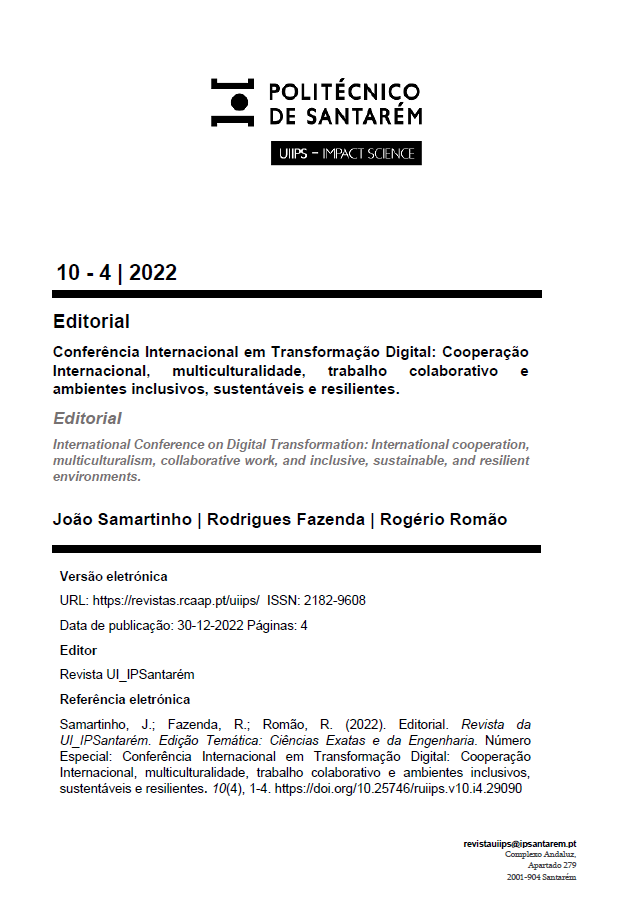Technological Waste Management Strategy to Support Economies of Precision
DOI:
https://doi.org/10.25746/ruiips.v10.i4.29091Keywords:
ICT, IoT, Digital transformation, Circular Economy, AngolaAbstract
The Digital Transformation for the advent of precision economic dynamics is based on Information and Communication Technologies (ICT). Therefore, the components of such economic models can have a digital representation for both monitoring and tracking within the Internet of Things (IoT). The Wireless Sensor Networks (WSN) support the concept of IoT, where the number of interconnected entities defines the quality of information as well as the quality of decisions that can be made in a circular economy’s environments. Given the reduction in the installation costs of WSN, we anticipate the risk of generating technological waste as the circular economy supported by ICTs will be popularized. In the present study, we show the importance of IoT in enabling a more inclusive, sustainable, and resilient economic environment. Similarly, we have proposed mechanisms to mitigate the risk of proliferation of technological components needed to support a precision circular economy. The suggestion is mainly based on the mandatory registration of WSN nodes and the creation, in Angola, of a public sensing infrastructure on a national scale.
Downloads
Published
How to Cite
License
Copyright (c) 2022 Ngombo Armando, Pascoal Kiluando

This work is licensed under a Creative Commons Attribution-NonCommercial-NoDerivatives 4.0 International License.
Authors publishing in this journal agree to the following terms:
Authors retain copyright and grant the journal the right of first publication, with the article simultaneously licensed under the Creative Commons Attribution License that allows sharing of the work with acknowledgement of authorship and initial publication in this journal.
Authors are permitted to enter into additional contracts separately for non-exclusive distribution of the version of the article published in this journal (e.g., publish in an institutional repository or as a book chapter), with acknowledgment of authorship and initial publication in this journal.
Authors have permission and are encouraged to publish and distribute their work online (e.g., in institutional repositories or on their personal webpage) at any point before or during the editorial process, as this may generate productive changes, as well as increase the impact and citation of the published work.



